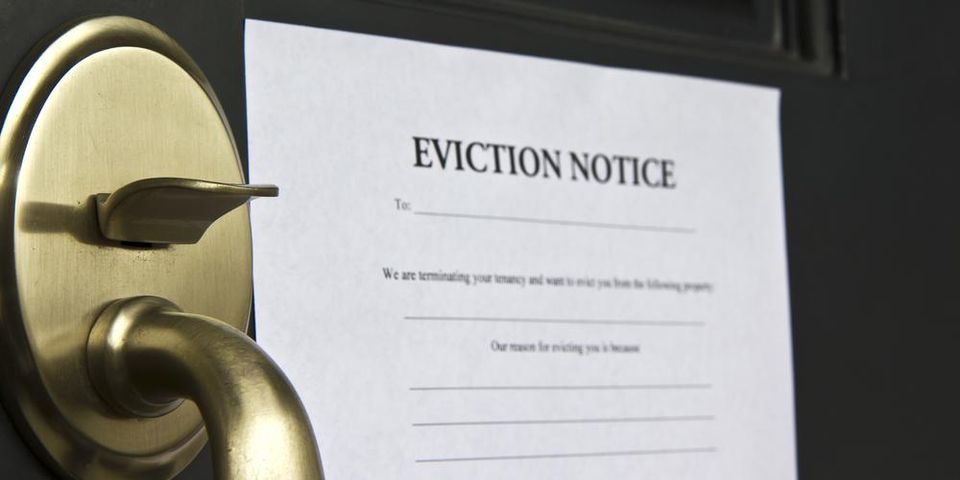Real Estate Attorney Explains How to Evict a Tenant in Connecticut

For landlords, having a bad tenant is sometimes worse than having an empty unit. Unfortunately, even if the tenant’s actions warrant breaking the lease, evicting someone is a long and arduous process. Here, Stuart R. Norman Jr., a seasoned real estate attorney in Jewett City, explains what you need to know about evicting a tenant in Connecticut.
The Legal Proceedings
 The eviction process begins with a notice to quit possession. This notice must give the tenant at least three days to vacate the premises. If the tenant does not leave, a commissioner of the Superior Court can issue a summons and complaint on behalf of the landlord. The tenant will get the opportunity to respond to this summons by appearing in court and filing a summary process answer. If he or she fails to reply, the court can order the tenant to vacate. Otherwise, a trial will ensue. If the judge rules in the landlord’s favor, the tenant has five days to file an appeal.
The eviction process begins with a notice to quit possession. This notice must give the tenant at least three days to vacate the premises. If the tenant does not leave, a commissioner of the Superior Court can issue a summons and complaint on behalf of the landlord. The tenant will get the opportunity to respond to this summons by appearing in court and filing a summary process answer. If he or she fails to reply, the court can order the tenant to vacate. Otherwise, a trial will ensue. If the judge rules in the landlord’s favor, the tenant has five days to file an appeal.
Considerations to Keep in Mind
It’s natural to experience mounting frustration during eviction proceedings, especially if the tenant is damaging the rental unit; however, there are certain things a landlord can never do regardless of the circumstances. For example, a landlord cannot lock out tenants, turn off their utilities, or force them out before the court has issued an order to vacate. Additionally, if the tenant abandons property on the premises, the landlord must retain it for at least 30 days before disposing of it.
If you need legal assistance with a tenant in Connecticut, turn to Stuart R. Norman Jr. in Jewett City. For more than four decades, this strategic real estate lawyer has been protecting the best interests of his valued clients. He understands precisely what’s at stake for those he represents and is committed to helping them secure the most favorable outcomes possible. To request an initial consultation with this real estate attorney, visit his website or call (860) 376-0069.
About the Business
Have a question? Ask the experts!
Send your question

